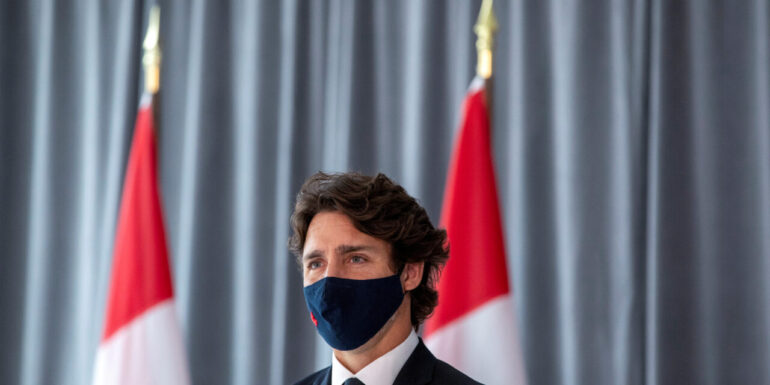Jared Dodds and Liliia Smichenko
Allies have a crucial role to play in fighting Anti-Black Racism in the Canadian health-care system, advocates say.
Data from Toronto Public Health shows Black people contracted 23 per cent of COVID-19 cases in the city, while only representing nine per cent of the population, as of Sept. 16, 2020.

Sané Dube, the policy and government relations lead for the Alliance for Healthier Communities, said allies have a crucial role to play in changing the system. She also wants to see unity from governments and political parties in fighting against all forms of Anti-Black Racism.
“Addressing racism is something we should all be concerned about,” Dube said in an email interview with Humber News. “Addressing the harms of racism is not something that should simply fall on the shoulders of the groups and communities who experience them.”
When asked about strategies for looking to combat Anti-Black Racism in health care, she said allies need to join the voices demanding accountability.
“Allies have a role to play in dismantling systems that cause harm and advocating for better policies and structures that don’t cause harm,” Dube said. “This can look like joining calls to recognize racism as a public health crisis.”
It’s a call advocates have been making for a long time. A 2018 Canadian Public Health Association statement said a person’s race affected their ability to access quality health care.
“Unfortunately Canada remains a nation where a person’s colour, religion, culture or ethnic origin are determinants of health that result in inequities in social inclusion, economic outcomes, personal health, and access to and quality of health and social services,” the statement said.
The statement was supported by seven provinces and territories – but not Ontario.
Others have also called for better data collection, particularly about COVID-19 cases.
Tim Guest, president of the Canadian Nurses Association (CNA), said in the absence of this data Canadians’ only option is to compare themselves to the U.S.
“In the United States, we’re seeing because of their significant rates of COVID-19 impacts in the Latino and Black communities,” Guest said. “We certainly believe that would be the same here.”
Guest said the CNA is trying to move towards solutions and support systematic change across the entire nursing profession.
“We need to call on all levels of the nursing profession – in how we recruit, how we advance individuals within their careers, how we bring students into our nursing programs that academic institutions have and we need to remove systemic barriers that have racist undertones,” he said.
A 2018 study by the National Bureau of Economic Research found that 65 per cent of Black respondents said a doctor of their own race would understand their medical issues most effectively.
“I think the only way that the nursing profession will truly be able to be a partner in this process is we need to look like those that need us,” Guest said.
NDP MPP and opposition health critic France Gélinas said the COVID-19 pandemic has shined a light on issues those who have been paying attention have seen for years.
“There are less testing sites, and less access to testing in neighbourhoods where we know there is a high concentration of BIPOC people,” Gélinas said.
“If you don’t collect that data then you’re going with anecdotes,” Gélinas said.
